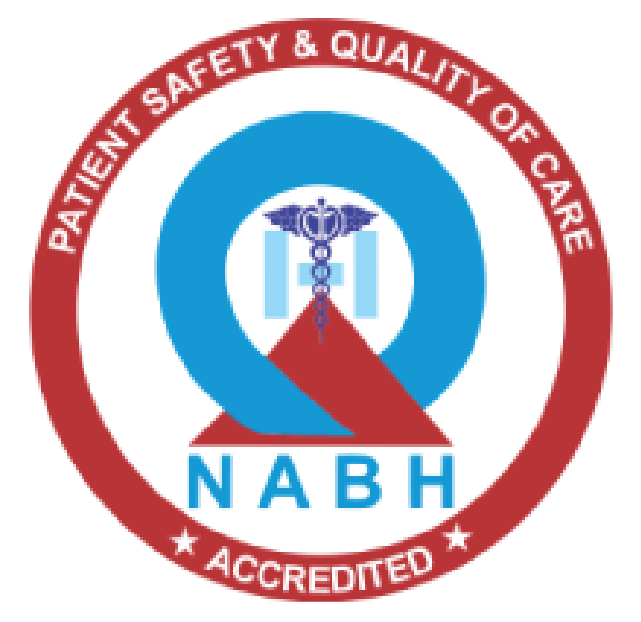Choose the plan that Work for you

Gastroenterology
₹3000
- Gastroscopy, Ultra sound scan of abdomen
- SGPT, ALP, Total bilirubin
- Doctor consultation
- HB-TCDC, HBsAg, HCV

CARDIOLOGY
₹2000
- Complete Blood Picture(CBP)
- Serum Creatinine
- Lipid profile
- ECG, ECHO, TMT
- Doctor Consultation

Diabetic
₹1500
- Fasting blood sugar, Post prandial blood sugar(PPBS)
- Complete urine examination, S.Uric acid
- Serum creatinine, Urine for Micro Albuminuria
- Lipid profile, Thyroid stimulating hormone (TSH)
- HbA1c, ECG
- Doctor consultation

ARTHRITIS
₹1500
- Haemoglobin (HB)
- Erythrocyte sedimentation rate(ESR)
- Random blood sugar (RBS), RA factor,
- ASO titre, C - Reactive protein(CRP)
- Joint X - Ray(1)
- Doctor consultation

Pulmonology
₹1500
- Haemogram (CBP)
- Random blood Glucose(RBS)
- Serum Creatinine, ECG
- Chest X-Ray, PFT
- Doctor Consultation

Women's health CHECKUP
₹1500
- Complete Blood Picture(CBP)
- Thyroid Stimulating Hormone(TSH)
- Random Blood Sugar (RBS)
- Urine Analysis
- Serum Creatinine, ECG
- Sono Mammography (USM)
- Ultra sound abdomen and pelvis, Papsmear Gynaecologist Con.

ANTENATAL
₹1500
- Blood glucose random
- Blood group & rh type (lab)
- Glucose tolerance test (gtt)
- Complete blood picture (cbp)
- T3, T4, & TSH, urine routine examination
- Antenatal scan, viral screening
- Doctor consultation
Book An Appointment

Frequently Asked Question Regarding Dental Care
What are the essential components of a daily dental care routine?
How often should I replace my toothbrush or toothbrush head?
Are electric toothbrushes more effective than manual ones?
What should I do in case of a dental emergency, such as a chipped tooth or severe toothache?
To enhance the whiteness of your teeth, you can start with simple yet effective practices. First and foremost, maintain a consistent oral hygiene routine by brushing your teeth at least twice a day with a fluoride toothpaste and flossing daily to remove plaque and stains. Additionally, consider limiting your intake of teeth-staining substances like coffee, tea, red wine, and tobacco. If you’re looking for a more significant improvement, professional teeth whitening procedures offered by dentists can provide remarkable results. These treatments utilize safe and effective bleaching agents to lighten the color of your teeth, giving you a brighter and more radiant smile. Remember that maintaining good oral habits and consulting with your dentist for guidance on the best whitening options for your specific needs are key to achieving and maintaining a dazzling white smile.
Having dental X-rays taken is essential for several important reasons. Firstly, they allow dentists to detect dental issues that may not be visible during a regular examination, such as cavities between teeth or hidden infections in the roots. This early detection enables prompt treatment, preventing the progression of dental problems and potential complications. Secondly, X-rays aid in planning various dental procedures, from tooth extractions to orthodontic treatments, by providing valuable insights into the structure and positioning of teeth and bones. Lastly, dental X-rays play a crucial role in monitoring oral health over time, allowing dentists to track changes, assess the effectiveness of treatments, and make informed decisions about your dental care. While minimizing radiation exposure is a priority, the benefits of dental X-rays far outweigh the risks when used judiciously as part of your dental health management.
Electric toothbrushes can be more effective than manual ones for many individuals. The key advantage of electric toothbrushes lies in their ability to provide consistent and controlled brushing motions, such as oscillation or rotation, which can help ensure a more thorough and even cleaning of teeth and gums. This can be particularly beneficial for people with limited dexterity or those who may not have the manual dexterity required for effective manual brushing. Additionally, many electric toothbrushes come with built-in timers and pressure sensors that encourage users to brush for the recommended two minutes and avoid excessive force, promoting better oral hygiene habits. While manual toothbrushes can still be effective when used correctly, electric toothbrushes often offer a more user-friendly and efficient way to maintain oral health.
You should typically schedule a dental checkup every six months as a general guideline for maintaining good oral health. These biannual visits to your dentist are crucial for several reasons. Firstly, they allow your dentist to detect and address any potential dental issues early, preventing them from developing into more significant and costly problems. Secondly, regular checkups include professional teeth cleaning, which helps remove plaque and tartar buildup that can lead to cavities and gum disease if left untreated. Lastly, these visits provide an opportunity for you to discuss any concerns or questions about your oral hygiene routine, ensuring you receive personalized guidance to maintain a healthy and beautiful smile. However, it’s important to note that the frequency of your dental checkups may vary based on your individual oral health needs, as your dentist may recommend more frequent visits if you have specific issues or conditions that require closer monitoring.




